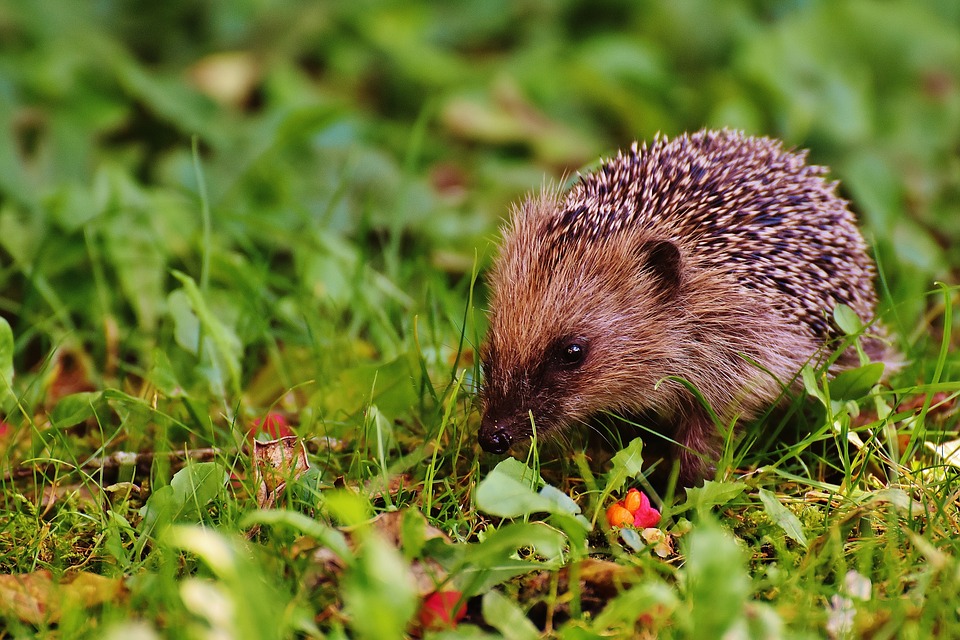The immediate answer to “why should you tidy your garden” is obvious. The aesthetic appeal and the relaxation factor should play a role in why you take a more organized approach to your home’s exterior. However, there are plenty of reasons, practical and security-related, that turn gardening from an optional chore to a necessary task for the health and happiness of the home. Here, we’re going to look at some of the problems that arise when you fail to care for your garden as well as how to better get into the habit.
Goodbye curb appeal
The aesthetic appeal of your garden impacts much more than just your own enjoyment of the garden. Every house is an investment, after all, and a homeowner should be aware of the value of their own home when and if it comes time to sell up. There are a lot of ways to improve the curb appeal of the home, how to make the exterior appeal to potential buyers. But by neglecting your garden, you increase the risk of having to pay much more to get a professional to tidy up overgrown trees, bushes, and more than if you simply tidied it a bit at a time. It’s a much more cost-effective way to ensure the home retains as much of its value as possible.
Giving damp the keys
If one of the unsightly marks on your home’s exterior is a wet patch extending down from the guttering, then your garden could be causing problems that go well beyond skin deep. Gutters are installed to redirect rainwater and make sure that it’s properly disposed of. When they get blocked up, the water looks for another direction to go, and this might mean seeping into any cracks or gaps on the exterior of the home or the roof. Gutters are blocked most often due to garden debris such as leaves, branches, and other similar objects picked up by the wind. Using a gutter cleaning device can help you readily clear out any debris, but you will have to do it less often if you simply tidy the garden.
Making a meal out of your flower beds
Wildflowers and other weeds might do a lot more than make your garden look disorganized and unsightly. They can also invite a whole host of pests into the garden that can then find their way to your more prized plants, flower beds, and any vegetables or fruit you might be growing. Aphids, grasshoppers, and mites can cause all kinds of havoc. Learning to identify the signs of insects in the garden can help you find the right companion plants to attract predators that feed on pests or other plants like garlic that can scare off certain predators.

Inviting guests into the home
The debris of a messy garden, such as fallen leaves and twigs, can do more than invite unwelcome bugs into the garden. They can invite much bigger pests into the home, as well. If a tree or hedge is overgrown, it can give animals like rats and raccoons a way to climb right onto the home, from where they can find their way in. In fact, it’s even possible for a raccoon to get onto your roof and from there they can find a way into your attic where it can be almost impossible to dislodge them without the help of a professional. Mice will use messy gardens as cover to hide themselves during which time they can find a way inside the home as well.
Becoming the problem neighbor
A messy garden isn’t just your problem, unfortunately. You might not necessarily be inclined to care too much about what your neighbors think, but their complaints can go a lot further than inducing some cul-de-sac friction. If you’re a member of a homeowner’s organization, or an HOA, then complaints can result in fines as high as $100 a day. HOA rules can also be pretty restrictive about what you can and cannot grow in your garden. It’s worth taking a closer look at any that apply to you. Few homeowners can afford to throw away that much money every single day.
How to get organized
Hopefully, the points above have convinced you that, yes, taking care of the garden is necessary. But there’s no denying it can take a lot of effort, so how do you get organized? The best way to get into the habit and to make it as efficient as possible is to split it into as many smaller parts as possible. For instance, one afternoon could be spent mowing the lawn, while the next could be spent trimming the trees. By doing the essential small tasks every week, you ensure that they never grow to the point that you have to spend a whole day doing a spring clean again. Make a family activity out of gardening to split the efforts and make it feel much less like a chore, as well.

Giving wildlife a home (but not your home)
A lot of people are becoming more environmentally aware of their garden, particularly when it comes to providing a habitat for some of the more benign creatures living in your area. It’s not too difficult to give wildlife a place to rest, feed, and winter without opening your home to pests, however. You can take measures as simple as installing a bird feeder to as involved as building a hedgehog house or a bee hotel that gives solitary bees a place to hide away from danger. If you have lizards living near you, you can even build a place for them to sunbathe by creating an even pile of larger stones or a small, dry stone wall.
No-one can force you to look after your garden, of course, but if you don’t start taking care of it, you could have pests, leaks, complaints, and a drop in value to show for it. It’s time to get those gloves on, the shears out, and the lawnmower running.

